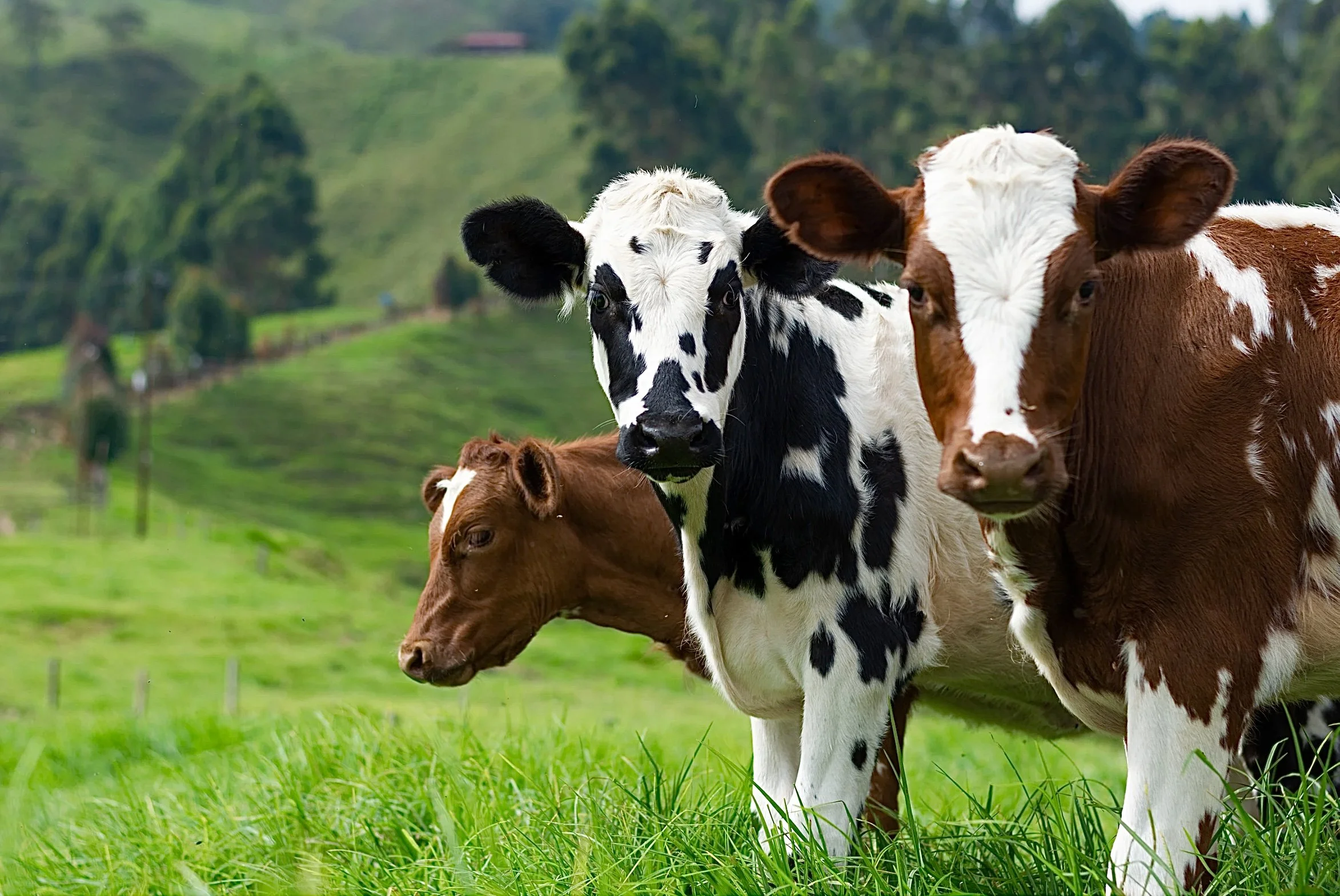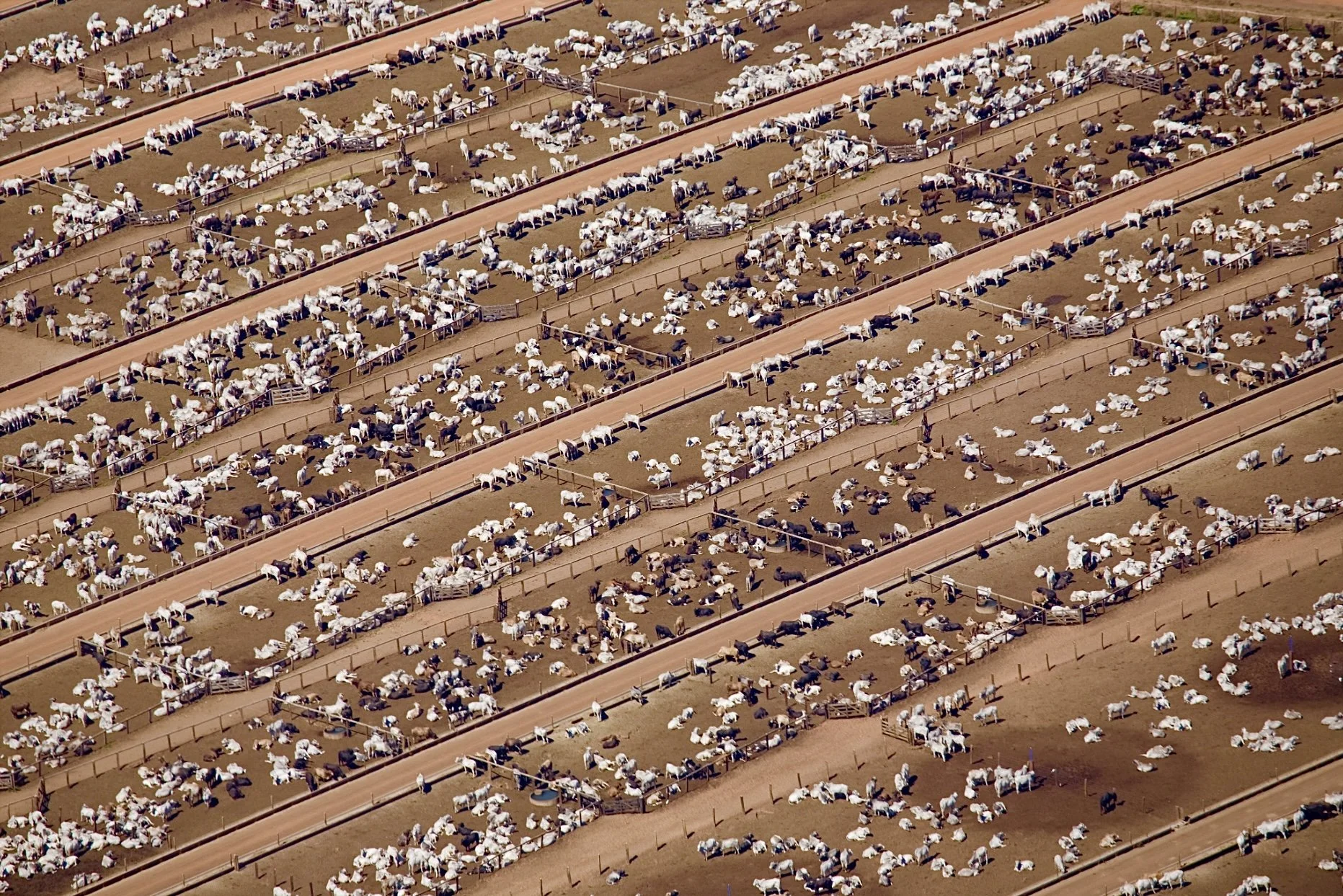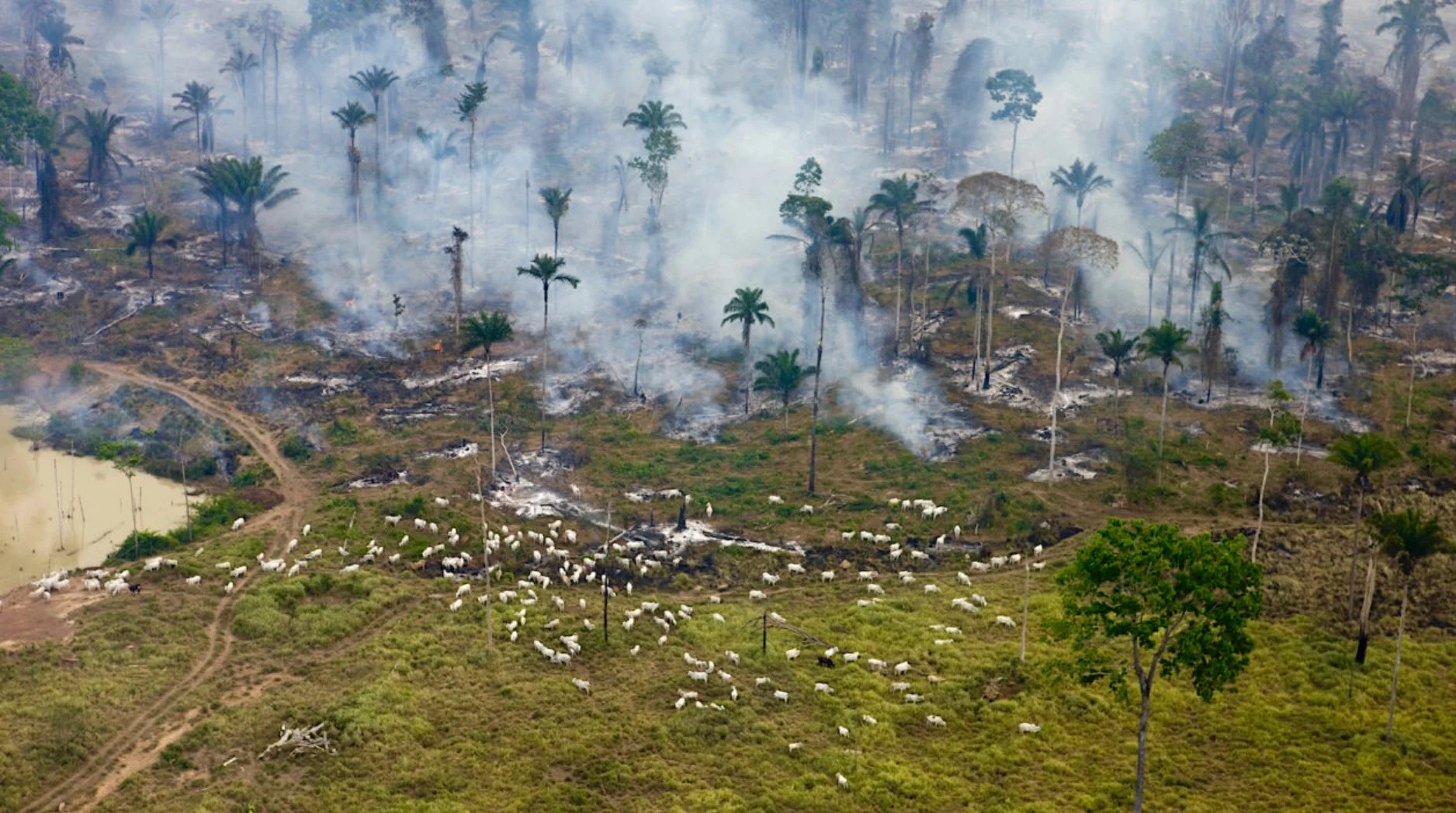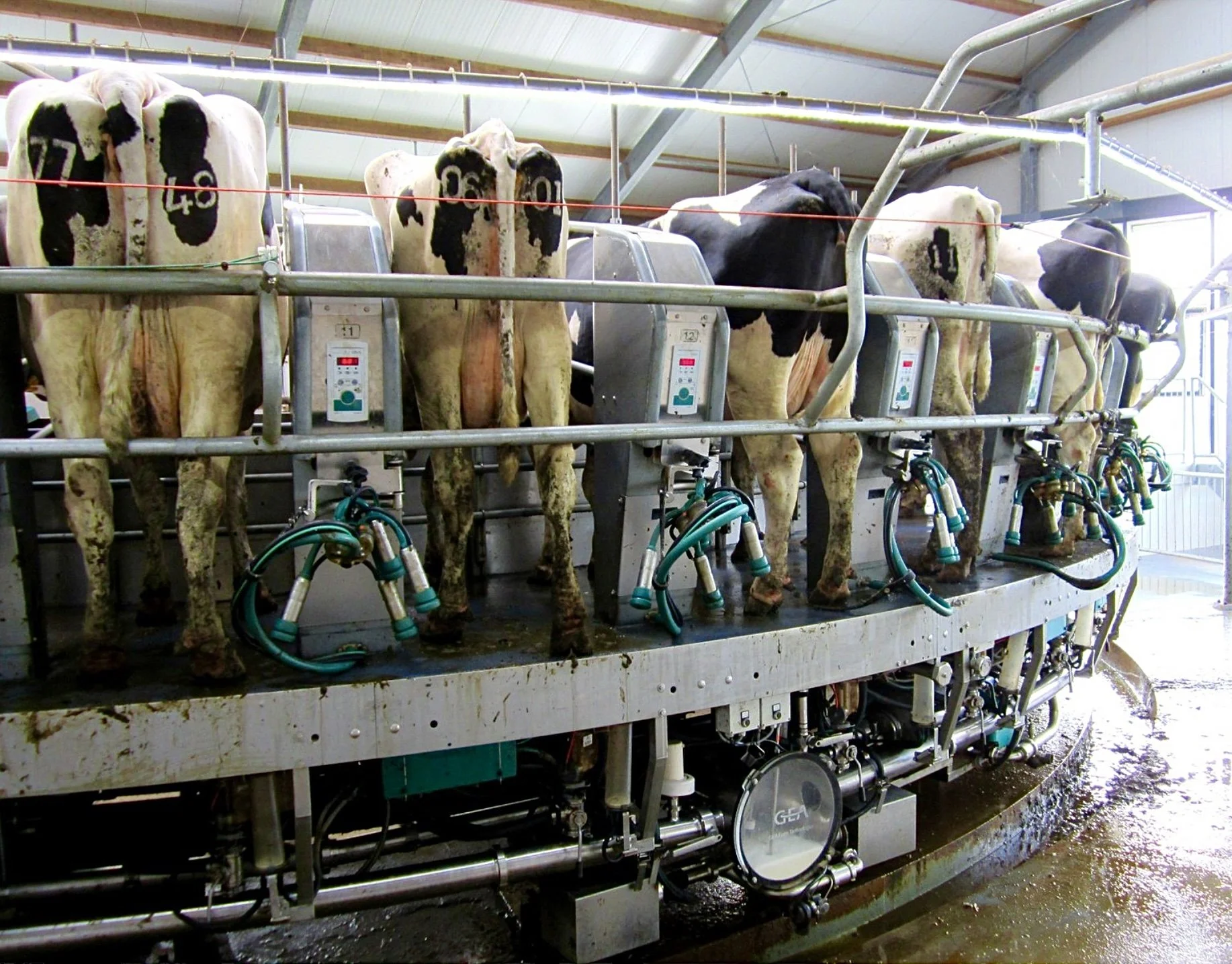By Jessica Scott-Reid
Jessica is a Canadian writer, animal advocate and plant-based food expert. Her work appears regularly in media across Canada and the US.
The latest edition of the United Nation’s Intergovernmental Panel on Climate Change (IPCC) report, released last month, offers ominous warnings about the future of the planet, along with recommendations for how to mitigate the impacts of climate change. Of those recommendations though, plant-based eating did not make the final cut. The UN’s own scientists recognize that “plant-based diets can reduce GHG emissions by up to 50% compared to the average emission-intensive Western diet,” – the text that appeared in the original draft.
But thanks to pressure reportedly from delegates of some of the world’s biggest beef-producers, Brazil and Argentina, that language was changed. Instead, the final report recommends vague and undefined “sustainable” diets, leaving the door wide open for continued meat production and the noted eco-impacts that come with it.
Cattle feedlot in the Brazilian Amazon. Photo: Greenpeace
While this type of influence by the meat lobby upon science and policy is concerning, it’s certainly not new. Wherever political leaders meet to discuss the future of the planet, the meat and dairy industries are usually there. “With unprecedented visibility” reports Canada’s National Observer, lobbyists for Canada's meat and dairy industries showed up at the COP27 conference in Egypt last year.
In the final agreements produced by the summit, writes George Monbiot in There’s one big subject our leaders at Cop27 won’t touch: livestock farming, for The Guardian: “Livestock is mentioned in only three agreements, and the only action each of them proposes is ‘management.’ Nowhere is there a word about reduction.”
Even at the UN’s Biodiversity Summit, COP15, held in Montreal last year, meat was served and sold in abundance, while the final agreement failed to acknowledge the impact of food types at all. In fact, Larry Thomas of the Canadian Cattle Association told ag-industry media the agreement is “not bad for the beef business.”
A fire set to clear land for farming in the Brazilian Amazon. Photo: Greenpeace
Beef production is considered one of the greatest drivers of deforestation and biodiversity loss on the planet. Numerous studies show that a reduction in the consumption of meat and dairy, especially in high-consuming Western nations, is one of the most effective ways to reduce GHG emissions. And that the Paris climate goals of 1.5-2.0 degrees C of global warming cannot be achieved without reducing GHG emissions from the global agriculture and food system.
But as Monbiot says, “Governments have not ignored these issues by accident; they have resolutely looked away."
That’s because the meat and dairy industries work hard lobbying governments to keep meat and dairy on the tables of Western nations. And they spend a lot of money doing so, too. In the last five years, major meat companies spent nearly US$23 million on lobbying efforts in the US, according to OpenSecrets. Topping that list are Tyson Foods, WH Group, the owner of the largest pork producer in the US, Smithfield Foods, and Brazilian meat giant JBS. Dairy companies and lobby groups also spent more than US$33 million on lobbying during that time.
Dairy operation in the Netherlands. Photo: Wikimedia Commons, CC-BY-SA-4.0
Further, a 2021 study out of New York University (NYU) found that between 2000 and 2020, meat, dairy and other agricultural sectors spent US$750 million on supporting campaigns of specific political candidates. This compares with a $1 billion spend by the oil and gas industry on lobbying and political contributions in the US over the same period.
It’s not only political pull that these industries are after. The NYU study also found that 10 major meat and dairy companies worked on research to downplay the link between animal agriculture and climate change. Tyson, Cargill and Smithfield, it was reported, even supported “countermovement organizations” or similar organizations that minimize the connection between agriculture and climate change. “US beef and dairy companies appear to act collectively in ways similar to the fossil fuel industry” write the authors of the study, published in the journal Climatic Change, “which built an extensive climate change countermovement.”
Various studies show that the food system generates 25%—35% of human-caused GHG emissions, 60% of which come from livestock farming.
Matthew Hayek, assistant professor of environmental studies at NYU, told Corporate Knights Magazine last year that the meat lobby is “weaponizing research,” and “funding research directly, or funding researchers who are sympathetic to industry aims, or are antagonistic toward messages that defy industry interests like reducing [meat] consumption.” He adds that “existing research is cherry-picked to develop and support industry narratives while ignoring other studies. This isn’t how science works.”
But this is how destructive industries work, and as Jan Dutkiewicz and Spencer Roberts wrote for The New Republic: “Drawing on the playbook developed by the fossil fuel industry during its 50-year campaign to sow doubt about the role of fossil fuels in climate change, the meat industry is now using dodgy science paired with savvy public relations to convince everyone, from the public to world leaders, that we should do anything other than the one thing scientists agree we need to do: scale down the meat sector.”





